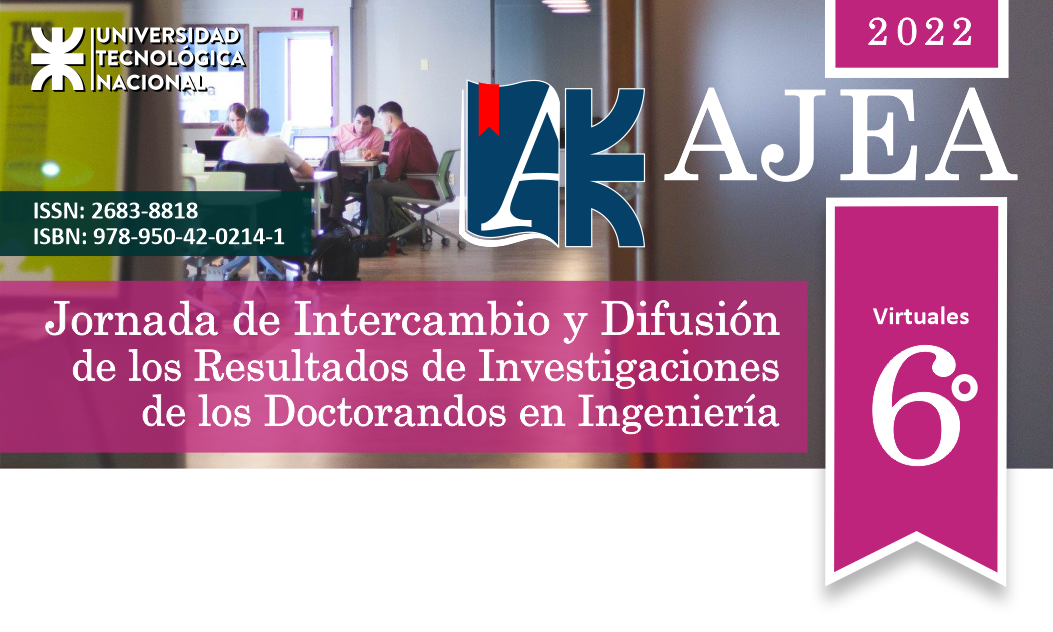Síntesis de sílicas mesoporosas a partir de moldeantes renovables para el desarrollo de catalizadores heterogéneos enzimáticos y su aplicación en reacciones de esterificación de interés en química fina
DOI:
https://doi.org/10.33414/ajea.1094.2022Palabras clave:
Surfactante, Renovable, Sílica mesoporosa, Inmovilización, EsterificaciónResumen
En este plan de trabajo se diseñarán, sintetizarán y caracterizarán sílicas mesoporosas nanoestructuradas a partir de agentes moldeantes renovables (monoestearato de glicerilo y glicerol) para desarrollar catalizadores heterogéneos, a fin de evaluarlos en reacciones de esterificación de relevancia en el campo de la química fina. Estos materiales se modificarán mediante el método de impregnación húmeda, con contenido de Ca 2,5 % p/p. Los catalizadores serán caracterizados por isotermas de adsorción y desorción de N2, Área superficial por método Brunauer–Emmett–Teller, Difracción de Rayos X y Espectroscopía Infrarrojo. De esta manera se pretende aportar sustentabilidad a la industria química, a partir del empleo de glicerol residual y/o monoestearato de glicerilo para la síntesis de los soportes catalíticos mesoporosos y de una vía enzimática de esterificación que permite condiciones de reacción suaves y eco-compatibles.









